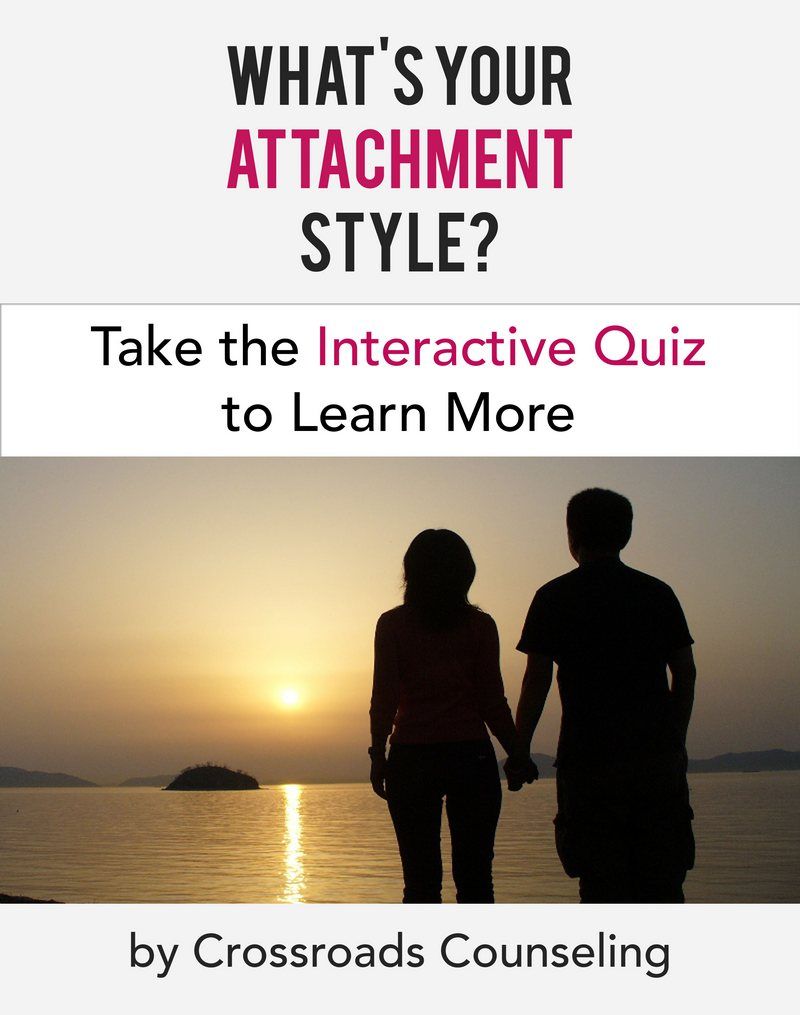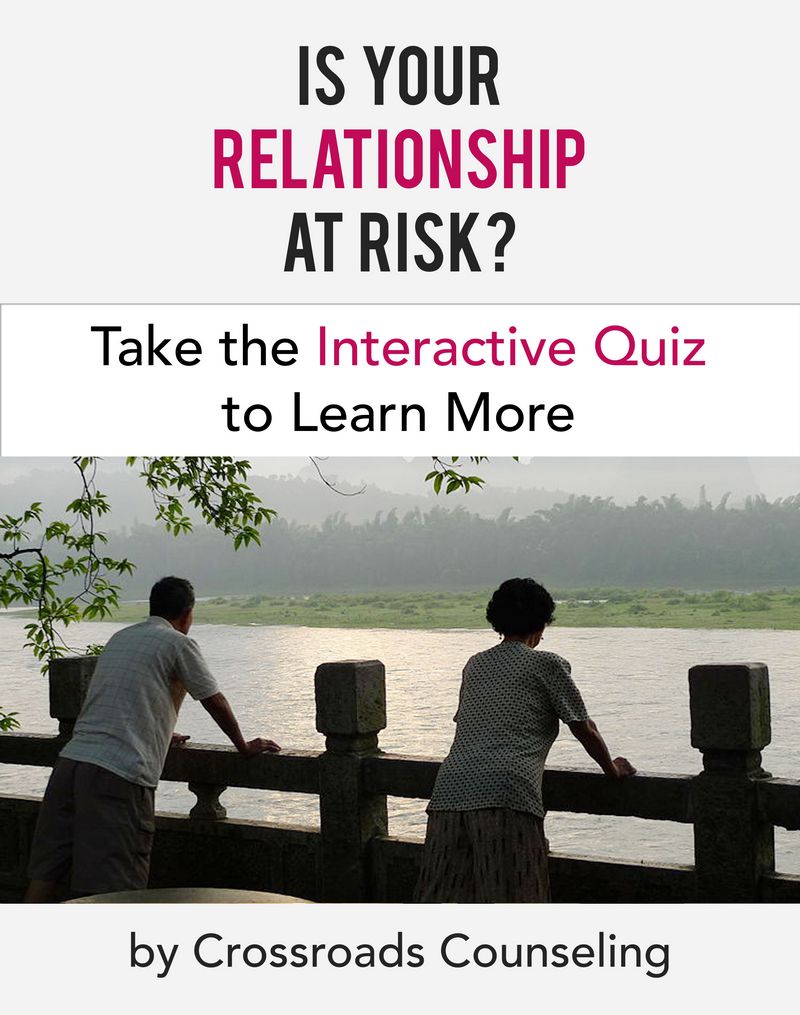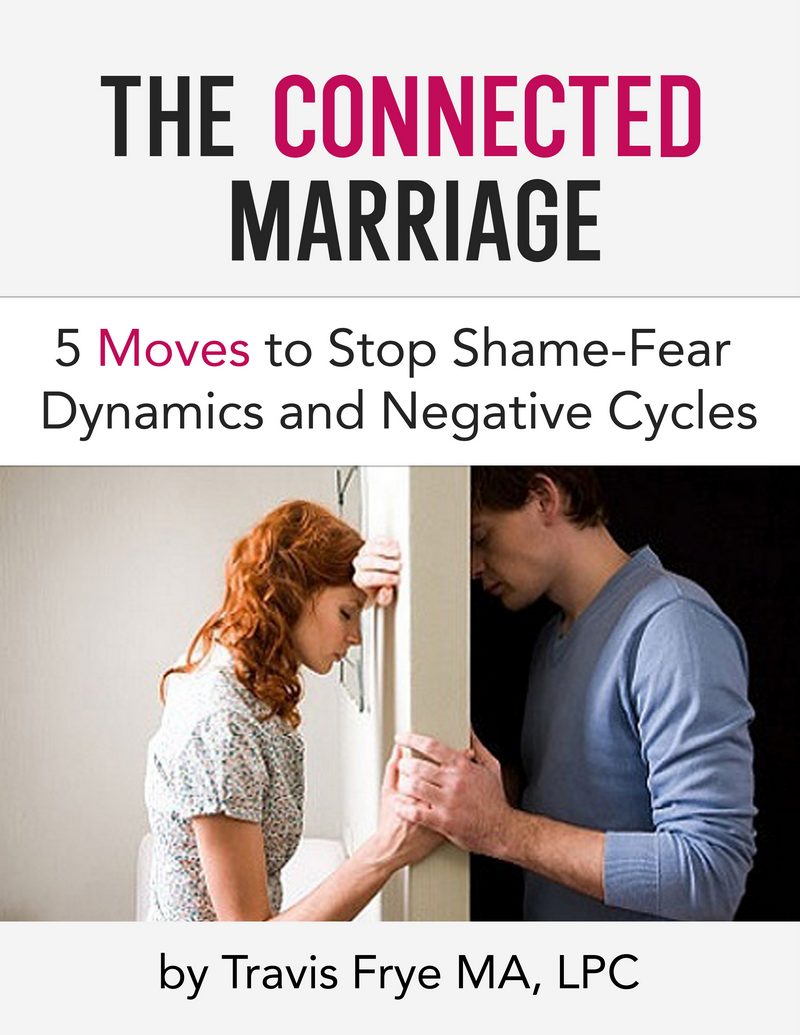What Is Attachment?
The father of attachment theory is John Bowlby who was a British psychologist and psychiatrist. As a young child, Bowlby was only allowed to see his mother for short periods during the day, as was the custom at that time. The commonly held belief of the time was that having too much contact would spoil children.

At its core, attachment theory proposes that for healthy development babies need consistent contact with their mother, father, or caregiver.
The development of a strong and consistent bond where there is a sense of safety and security in the relationship are the two core characteristics of attachment. This safe haven provides the child with a person to go to for comfort and care during a time of distress. The secure base allows the child to explore his or her world around him with a sense of confidence and mastery. Without safety, security, and an emotional bond a human being runs the risk of developing unhealthy attachment styles which will be talked about later.
What we have learned is that attachment theory not only provides us with a clear and concise understanding of how infants develop, but it also helps us to understand the complexities of human relationships across the lifespan.
Bowlby described a safe, secure, and emotionally bonded relationship as being a need from “the cradle to the grave.” As adults, we do not stop needing a secure connection to others, which is contrary to society’s message that emphasizes independence as being able to stand alone. Attachment theory has been applied to adult love relationships to provide us with a map that helps to explain how we love and connect in marriage and other intimate relationships. What I want to focus on in this article are adult attachment styles and how having a better understanding of them can help us to have safe and secure relationships.
What Are The Different Attachment Styles?
Think of attachment styles as occurring along a continuum. At one end of the spectrum, there is what is called an insecure-anxious attachment style. At the opposite end is what is known as an insecure-avoidant attachment style. In the middle, there is what is known as a secure attachment style. There are some variations in between but to keep this simple we will focus on these main three.
Insecure-Anxious Attachment Style
Within the context of romantic relationships, a person with an insecure-anxious attachment style tends to show intense emotions surrounding real or perceived abandonment. They will often look for cues or signs of their partner’s availability. If the partner is not available then the anxiously attached person will behave in such a way that feels demanding or clingy. They might express anger and frustration at the other person during these times of not being able to reach them for reassurance and security. Overall, their need for support is born out of experiencing others as being unavailable. Insecurely-anxious partners will often appear panicked and distressed. They do not reach out for comfort and care due to fear that the other person will not be there or does not really care.
Insecure-Avoidant Attachment Style
A person with an insecure-avoidant attachment style tends to show restricted emotions especially when it comes to expressing softer emotions such as sadness or hurt. They will rationalize, stay cognitive, express anger, and may focus on tasks and activities that distract from attachment needs. They mostly minimize their attachment needs as well as the attachment needs of others. Instead of being demanding on their partner for time and affection they will not seek support and will often disengage from others when they are needed. When faced with disconnection from a loved one they will mostly shut down. They do not reach out for comfort or reassurance. On the outside, they appear calm and cool but internally there are high levels of stress and fear.
Secure Style
In the middle of the continuum are those who are securely attached. Securely attached partners are able to both give and receive comfort, support, and emotional closeness to one another. They have a stronger sense of security knowing that they are loved by their 
What’s Your Attachment Style?
You may be wondering, “What’s my attachment style?” When it is all boiled down attachment style is essentially how a person has come to answer the question: “Do others care enough about me to be there when I call?” If your answer to this question has mostly been “no” then chances are you developed an insecure-anxious or an insecure-avoidant attachment style. You may have also noticed that there is a strong gender component to the two contrasting styles. Men generally tend to develop an insecure-avoidant attachment style while women are more likely to develop an insecure-anxious style. Of course, this is not always the case but it is the general rule.
The good news is that even if you have experienced others as being mostly unavailable you can change to be more securely attached. This is accomplished by finding safe people and taking risks by sharing your deepest emotions and needs. We know that being in a safe, secure, and emotionally bonded relationship with a friend, partner, spouse or even God can move us to a secure attachment style. All you really need is one safe and secure relationship with someone else! Having someone love you when you feel unlovable is transforming. It is this kind of love that changes us to be secure, reach our full potential as individuals, and ultimately love others in return.
Want to learn what your attachment style is? Take this questionnaire to identify your attachment style.
Begin Working With An Attachment Based Therapist in Scottsdale, AZ

- Contact Crossroads Counseling
- Meet with a caring therapist
- Start feeling more secure with your relationship!
Attachment Counseling with Crossroads Counseling
Feel free to learn more about our practice by visiting our about page, FAQ, and blog, or read more about our staff members to start finding your best therapeutic fit! or, call us at 623-680-3486, text 623-688-5115, or email info@crossroadsfcc.com for more information!






